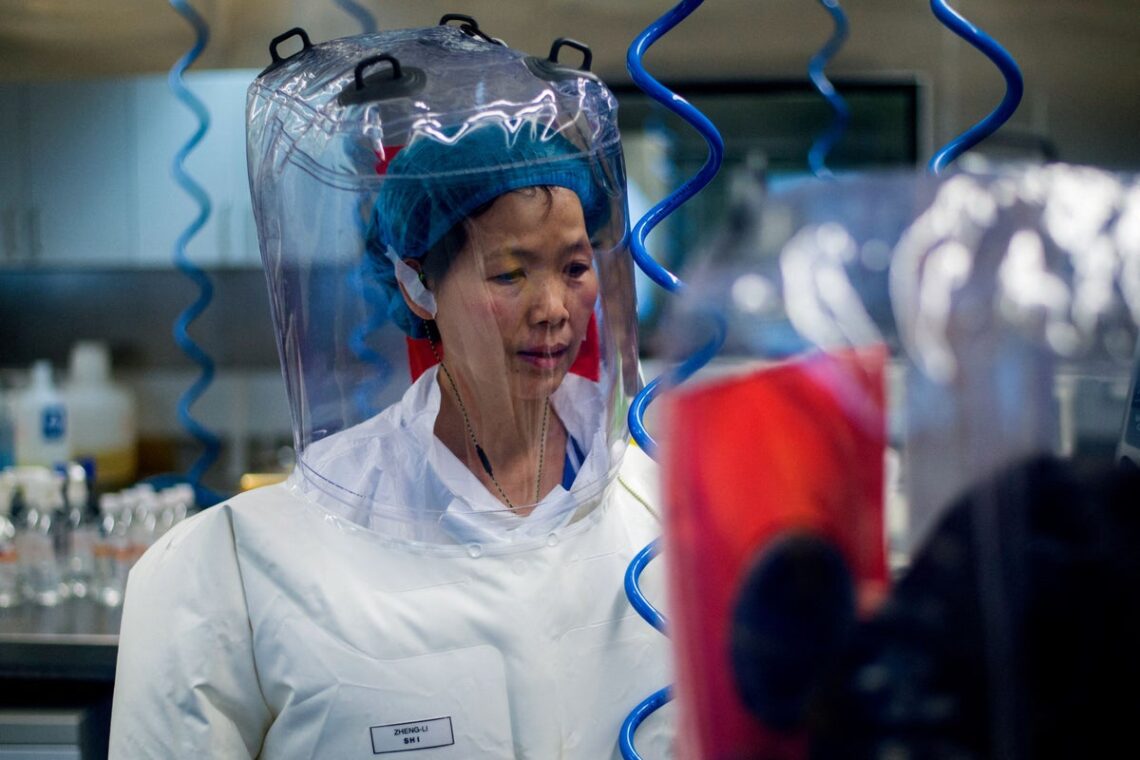December 6, 2024
3 min read
Wuhan Virologist Says Lab Has No Close Relatives to COVID Virus
Shi Zhengli, the virologist at the center of COVID lab-leak theory, reveals coronavirus sequences from the Wuhan institute
Chinese virologist Shi Zhengli has presented evidence that her lab has not worked with close relatives of SARS-CoV-2.
Johannes Eisele/AFP via Getty Images
After years of rumours that the virus that causes COVID-19 escaped from a laboratory in China, the virologist at the centre of the claims has presented data on dozens of new coronaviruses collected from bats in southern China. At a conference in Japan this week, Shi Zhengli, a specialist on bat coronaviruses, reported that none of the viruses stored in her freezers are the most recent ancestors of the virus SARS-CoV-2.
Shi was leading coronavirus research at the Wuhan Institute of Virology (WIV), a high-level biosafety laboratory, when the first cases of COVID-19 were reported in that city. Soon afterwards, theories emerged that the virus had leaked — either by accident or deliberately — from the WIV.
Shi has consistently said that SARS-CoV-2 was never seen or studied in her lab. But some commentators have continued to ask whether one of the many bat coronaviruses her team collected in southern China over decades was closely related to it. Shi promised to sequence the genomes of the coronaviruses and release the data.
On supporting science journalism
If you’re enjoying this article, consider supporting our award-winning journalism by subscribing. By purchasing a subscription you are helping to ensure the future of impactful stories about the discoveries and ideas shaping our world today.
The latest analysis, which has not been peer reviewed, includes data from the whole genomes of 56 new betacoronaviruses, the broad group to which SARS-CoV-2 belongs, as well as some partial sequences. All the viruses were collected between 2004 and 2021.
“We didn’t find any new…
Read the full article here

